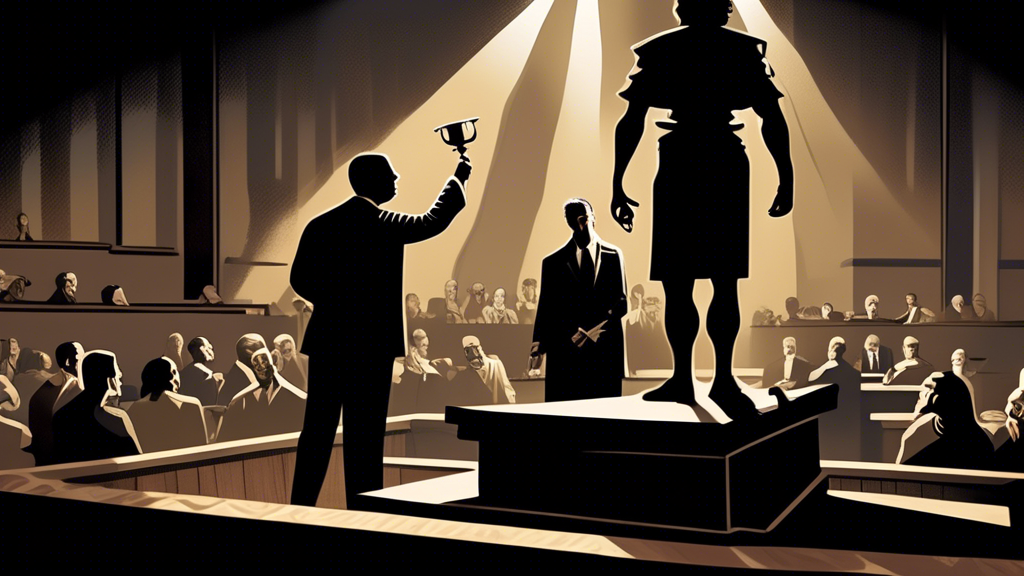
Justice Seeks a Light: The Weaponization of the January 6 Incident Against Comedian Jay Johnston
On January 6, 2021, a significant chapter in American history unfolded as a violent riot erupted at the U.S. Capitol. This event not only disrupted the certification of the 2020 presidential election but also instigated a profound and ongoing societal and legal fallout. Among those ensnared in these turbulent waters is comedian Jay Johnston, whose connection to the January 6 incident has led to considerable public scrutiny and legal challenges. This article delves into the implications of the January 6 incident, particularly the alleged weaponization of its aftermath against individuals like Johnston.
The January 6 Events and Their Consequences
The January 6 riot marked a watershed moment in contemporary American politics, as thousands stormed the Capitol, driven by discontent over the election results. The event has since been represented in various lights—some viewing it as a heinous attack on democracy, others as a consequence of systemic issues leading to widespread unrest. In the months that followed, the Capitol riot catalyzed a wave of arrests, indictments, and ongoing court battles—an experience that continues to affect numerous individuals, including those who claim they were entrapped into participating.
Entrapment Allegations
Central to discussions surrounding January 6 are allegations of entrapment. Various sources have argued that some participants were misled or coerced into the riot, raising questions about the methods used by law enforcement and government officials to manage unrest. The implications of these claims contribute to a narrative of uncertainty and unease among many involved, suggesting that the ramifications extend beyond mere participation—it posits that the actions of a few may have been magnified by external influences.
Ongoing Fallout for Individuals
Three years after the Capitol riot, the fallout remains palpable for many individuals tied to the event. Jay Johnston’s case exemplifies this ongoing issue. Known for his work as a comedian and actor, Johnston has faced public backlash and legal complications that serve as stark reminders of the heavy toll the events of January 6 have taken on personal lives and careers. The environment surrounding his situation reflects a broader concern for others similarly affected—individuals whose lives have been changed irrevocably by their association with the Capitol incident.
Criticism of the Justice System
The title Justice Is Not Blind aptly encapsulates the criticism directed at the justice system in relation to the handling of January 6 cases. Many have pointed to perceived discrepancies in how justice has been meted out, particularly regarding the treatment of those involved in the riot. Critics argue that the system appears biased, suggesting a disproportionate targeting of conservative individuals while other groups may not face the same level of scrutiny or legal repercussions for similar actions.
Perceived Political Bias
The narrative surrounding the January 6 incident extends into broader allegations of political bias, particularly directed at conservatives. The perception that the legal proceedings following the Capitol riot have been manipulated to serve a political agenda is a theme echoed across conservative media outlets. Many argue that the justice system should operate independently of political motivations; however, the experiences of figures like Johnston raise significant questions about whether that principle has been upheld.
Conclusion
As society continues to grapple with the ramifications of the January 6 incident, it is clear that for many, including Jay Johnston, justice remains elusive. Allegations of entrapment, critiques of the judicial process, and claims of inherent political bias create a complex tapestry of challenges that individuals face in this post-riot landscape. Understanding the intricacies of these issues is crucial—not just for those directly affected, but for society at large as it navigates the murky waters of justice and accountability in a politically charged environment.
